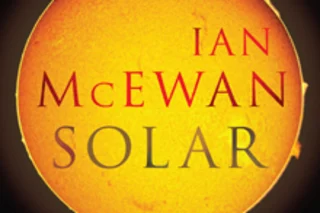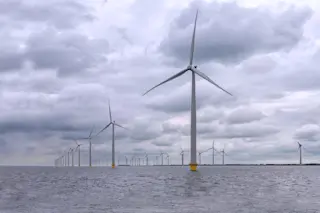"It's a catastrophe. Relax!" Those are the words of Michael Beard, the Nobel laureate physicist long past his prime who is the anti-hero of Ian McEwan's new novel Solar, out this week in the United States. McEwan, no stranger to writing scientist characters or scientific themes, dives this time headlong into climate change. McEwan says he was nervous attempting to write fiction about a subject that has the potential to be, well, dull. But Solar is a laugh-out-loud read thanks to its ridiculous protagonist and willingness to make light of the apocalyptic seriousness of the conversation. At the book's outset, in the year 2000, Beard isn't particularly convinced about climate change. He's coasting on his reputation as a Nobelist, making money giving repetitive lectures and sitting on various boards, when suddenly he finds himself in charge of a shiny new British government research center out to build the next new ...
A Novel That Laughs Along with Climate Change: Ian McEwan's Solar
Discover how Ian McEwan's novel explores climate change through humor and unconventional characters like a Nobel laureate physicist.
More on Discover
Stay Curious
SubscribeTo The Magazine
Save up to 40% off the cover price when you subscribe to Discover magazine.
Subscribe













